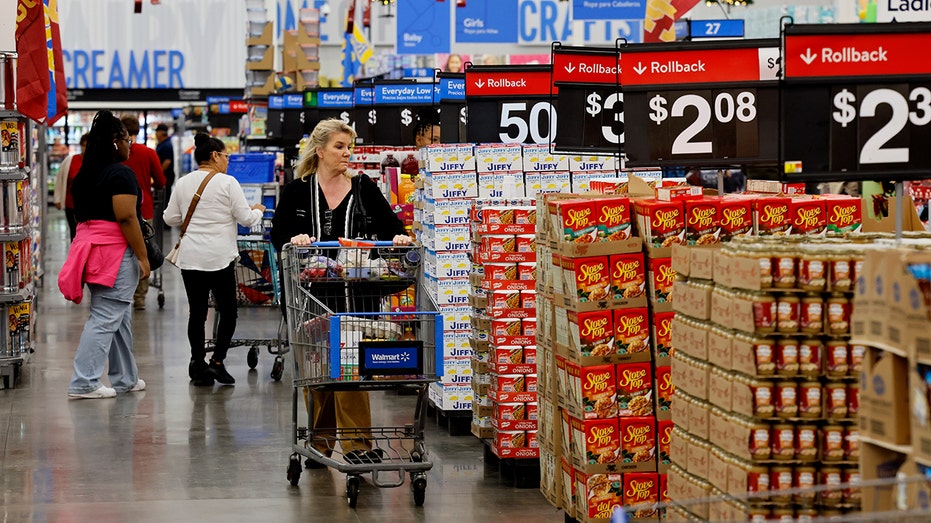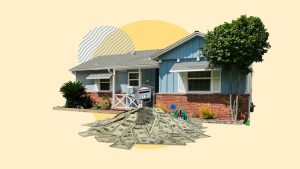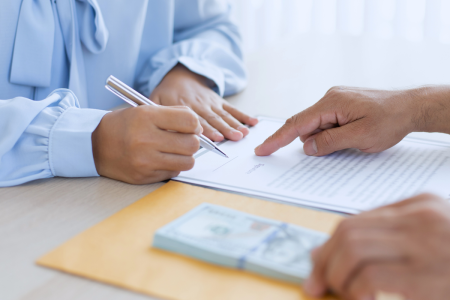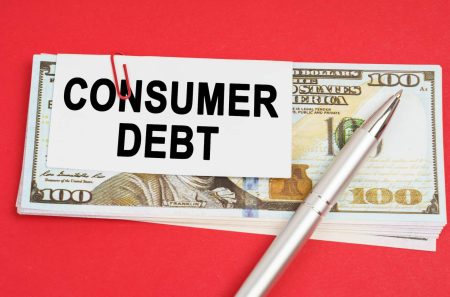Consumer confidence fell to its lowest level in nearly five years in April as concerns about tariffs and trade uncertainty weighed on the economic outlook.
The Conference Board said Tuesday its consumer confidence index fell 7.9 points to 86 in April, which is the lowest reading since May 2020. Economists polled by Reuters had projected the index would slide to 87.5.
The Expectations Index, based on consumers’ short-term outlook for income, business and labor market conditions, fell 12.5 points to 54.4, the lowest level since October 2011 and well below the threshold of 80 that typically signals a recession. The Present Situation Index, based on consumers’ assessments of current business and labor market conditions, fell by 0.9 points to 133.5.
“Consumer confidence declined for a fifth consecutive month in April, falling to levels not seen since the onset of the COVID pandemic,” said Stephanie Guichard, senior economist, global indicators at The Conference Board.
PRESIDENT TRUMP’S FIRST 100 DAYS IN OFFICE: HOW IS INFLATION DOING?
“The decline was largely driven by consumers’ expectations. The three expectation components — business conditions, employment prospects and future income — all deteriorated sharply, reflecting pervasive pessimism about the future,” Guichard explained. “Notably, the share of consumers expecting fewer jobs in the next six months (32.1%) was nearly as high as in April 2009, in the middle of the Great Recession.”
Guichard added that the “average 12-month inflation expectations reached 7% in April, the highest since November 2022, when the U.S. was experiencing extremely high inflation.”
Consumers’ assessments of their family’s expected financial situation declined to the lowest level since the question was first asked in 2022.
TARIFF-INDUCED PRICE HIKES, TRADE WORRIES HIGHLIGHTED IN FED’S BEIGE BOOK

Additionally, the perceived likelihood of a U.S. recession in the next 12 months rose to 72% in April from about 65% in December and January.
The consumer confidence report comes ahead of the government’s report on economic growth that’s due Wednesday and expected to show a sharp slowdown in growth in the first quarter as businesses ramped up imports in an effort to front-run higher costs due to tariffs.
GDP likely rose at a 0.3% annualized rate in the first quarter, which ran from January to March, which would be the weakest since the second quarter of 2022, a Reuters survey showed.
Risks are tilted to the downside, with the Atlanta Federal Reserve forecasting GDP declining at a 0.4% rate after adjusting for imports and exports of gold. The economy grew at 2.4% pace in the fourth quarter.
Reuters contributed to this report.
Read the full article here












